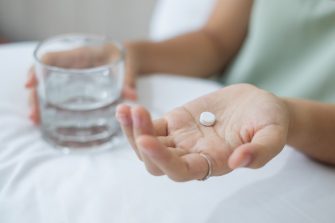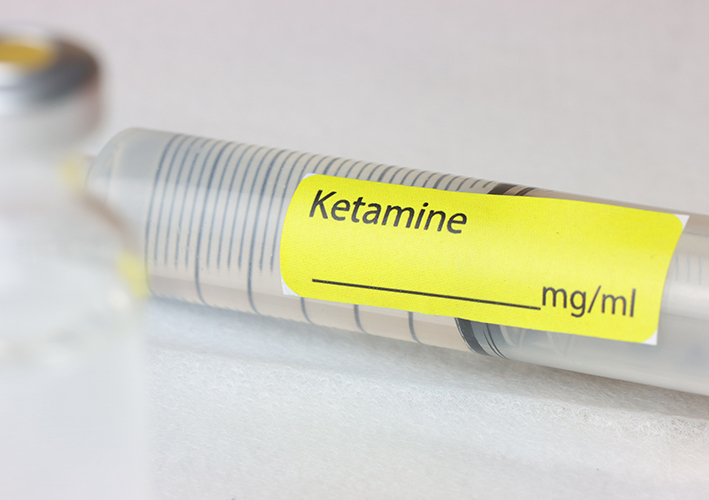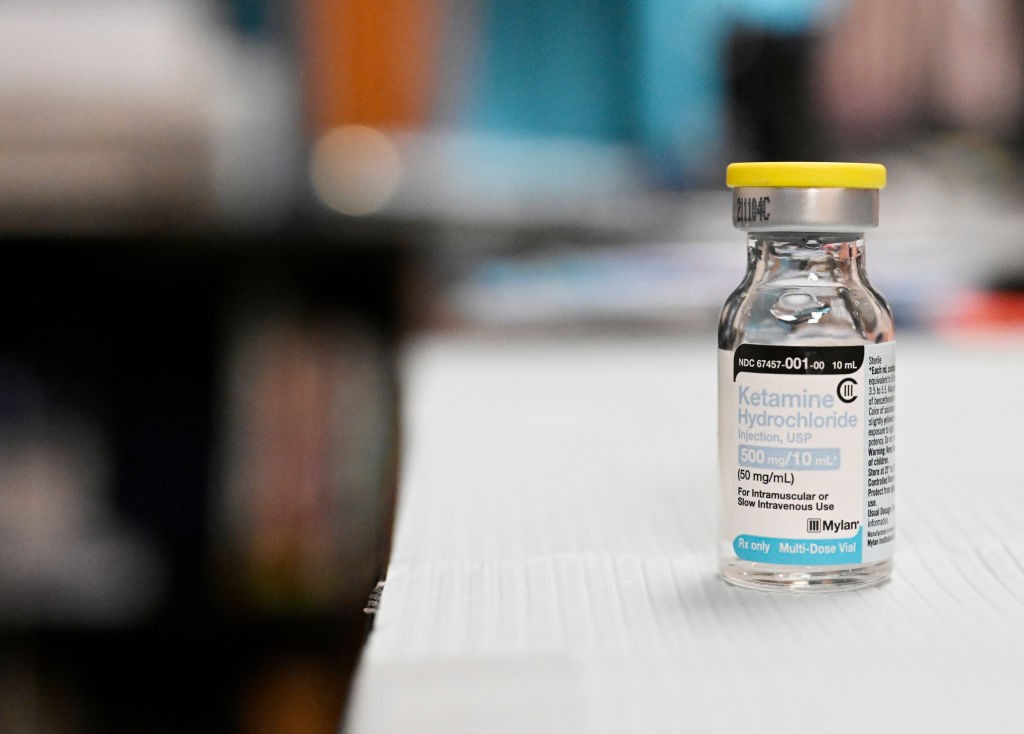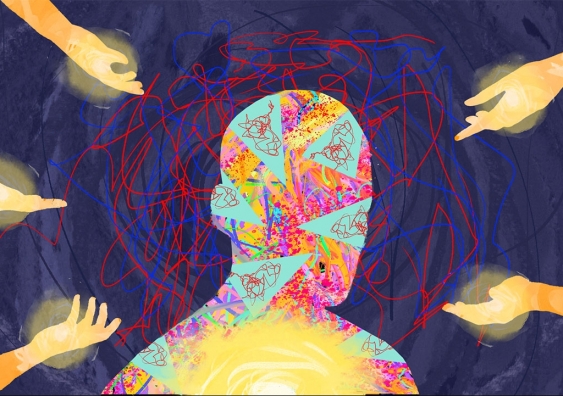Ketamine in tablet form shown to reduce symptoms of severe depression
24 June 2024

Image: Adobe Stock
A slow-release tablet form of ketamine with minimal side effects has the potential to make treatment more affordable and accessible.
A new tablet form of ketamine has shown promise in treating severe depression, offering a potential alternative to existing clinic-based treatments that can be expensive and lacking in convenience for some patients.
Unlike the injectable and nasal spray alternatives that require clinicians to monitor patients for two hours while side effects subside, the slow-release tablet form can be taken safely at home without medical supervision and with negligible side effects.
Led by Professor Paul Glue of University of Otago, researchers from UNSW Sydney and the affiliated Black Dog Institute (BDI) collaborated with colleagues from other research institutions in Australia and New Zealand to run a randomised-controlled trial testing the effectiveness of ketamine tablets to treat depression compared with placebo. The researchers randomly assigned 168 patients with treatment-resistant depression to one of five groups: four that received different strengths of ketamine, and one that received placebo.
Patients on the strongest dose of ketamine – at 180mg, taken orally twice a week – had the best results when compared with placebo, the researchers found. Success was measured by the size of reduction in a patient’s MADRS score – a measure of depression symptoms, where the higher the score, the more serious the depression. In the 180mg group, the average reduction in MADRS score dropped by 14 points from a high of 30. In the placebo group, the average reduction was 8 points. All of the remaining doses of ketamine (120mg, 60mg and 30mg) also outperformed placebo.
The results were published today in Nature Medicine.
If it ... becomes an approved treatment, it certainly makes it much more convenient, not to mention cheaper, to use ketamine to treat severe depression.
Fascinating results
Professor Colleen Loo, who is clinical psychiatrist and researcher with UNSW and BDI, has previously contributed to research on the injectable and nasal spray versions of ketamine treatment for depression.
“The kind of results we’re seeing look as good as other ways of giving ketamine, and are fascinating for two reasons,” she says.
“First of all, there's the practical clinical reason that this is a way of administering ketamine to treat depression that's much easier to give. Rather than having to come to the clinic and have an injection and have medical monitoring for two hours, once or twice a week, this is much more convenient and allows patients to have their treatment at home, making it as convenient as other antidepressant medications.
“It is also possible that some people may respond to one approach to treatment, such as the tablet, while others respond to another, such as the injection, so having more treatment approaches is very useful.”
The second reason is that it challenges some beliefs about how ketamine works in helping people successfully overcome depression.
“There's one school of thought that says what we call dissociative effects – where you're feeling a kind of altered reality and perception – are actually integral to the ability to improve the depression with ketamine,” Prof. Loo says.
“And that's very similar to the psychedelic assisted therapy model that says changing your brain circuit functioning in that very profound way gives you new insights that help you to break out of your way of thinking, and that this acute kind of dissociative altered reality experience is necessary for you to improve.
“But with this tablet form you don't experience that because only a tiny amount is released into the bloodstream at a time, with ongoing slow release over days, and you don't experience the dissociation at all, and yet people are improving.
“So it could be that the theory that you must have these altered reality perceptions to improve may not be correct.”

Further research needed
The double-blind trial – where the allotment of drug or placebo to each group was hidden from both trial administrators and participants – was the first to measure the effectiveness of a slow-release tablet form of ketamine to treat depression. But it is likely years away, and more millions of dollars spent on further trials before it becomes an approved clinical treatment.
“Douglas Pharmaceuticals, which is the New Zealand company that has produced the drug, still needs to do further studies, and it’s important to note this is not yet approved by the FDA in the US or the TGA here in Australia.
“But if it does get through all those hoops and becomes an approved treatment, it certainly makes it much more convenient, not to mention cheaper, to use ketamine to treat severe depression.”
The next step, says Prof. Loo, is for the group to run similar studies in multiple sites around the world in larger numbers of patients to show that the results are reproducible. One such study could look at how the tablet form of ketamine compares with other modes of delivery such as injection, which to date has shown strong results.
Media enquiries
Lachlan Gilbert
Tel: +61 2 9065 5241
Email: lachlan.gilbert@unsw.edu.au, opens in a new window






